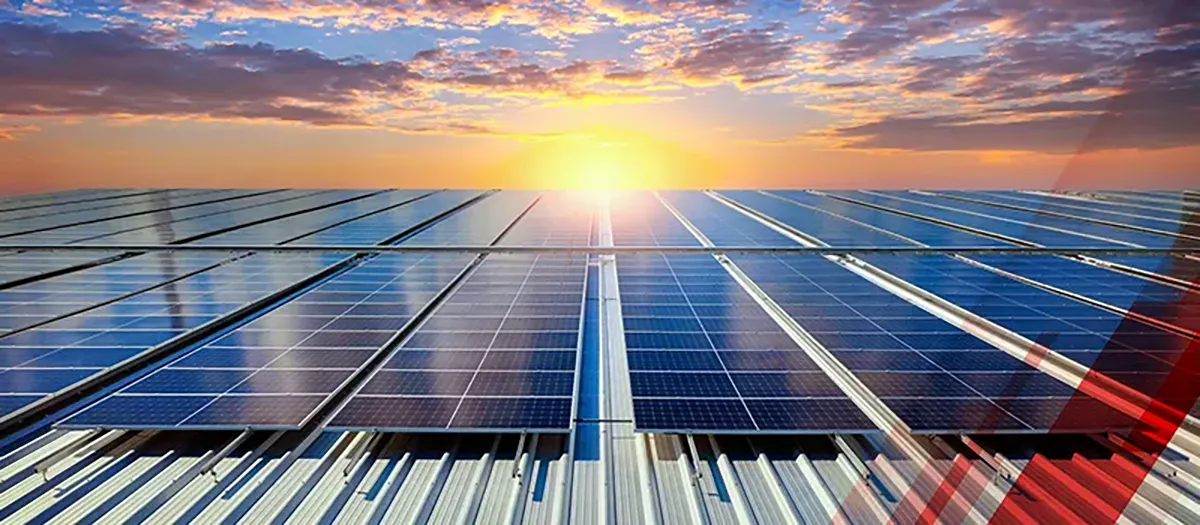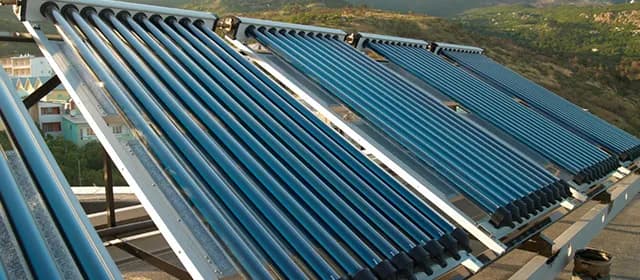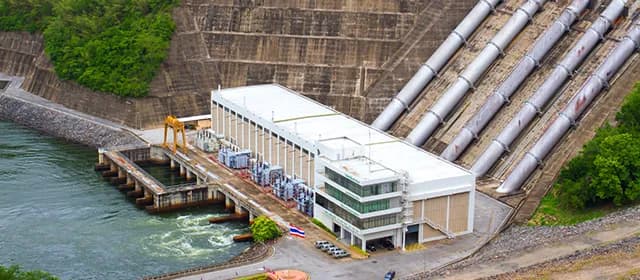Are you tired of constantly rising energy costs and the never-ending search for sustainable alternatives? Well, look no further because the solution is right above your head: solar power panels. These remarkable devices are not only transforming the way we generate electricity but also empowering individuals and businesses to take control of their energy needs.
So, get ready to embark on a journey into the world where the sun's rays hold the key to a brighter, cleaner, and more sustainable future.
What is a Solar Power Panel?
A solar power panel or a PV (photovoltaic) panel is a device that generates electricity from sunlight. It is a critical component of solar energy systems and is vital in harnessing renewable energy. Solar panels are made up of multiple solar cells, typically made of crystalline silicon, that absorb sunlight and generate electric current through the photovoltaic effect.
The purpose of these panels is to maximize sunlight absorption and convert it into usable electrical power. Solar panels can be used in various applications, from residential and commercial installations to remote power systems and large-scale solar farms. They are an essential tool in the transition towards clean and sustainable energy sources.
A recent analysis by Kings Research states that the global solar power panel market is likely to accrue $28.33 billion in revenue by 2030.
What Benefits Does a Solar Power Panel Offer?
The benefits of solar panels in the energy sector are numerous and impactful. Here are some key benefits:
- Cost Savings
Solar panels allow individuals to generate electricity, reducing reliance on traditional utility providers and lowering energy bills. Additionally, the cost of solar panels has become increasingly affordable, especially with the availability of federal tax credits.
- Renewable and Clean Energy
Solar power is a renewable energy source that harnesses the sun's energy, making it an environmentally friendly alternative to fossil fuels. Furthermore, its energy production does not produce harmful greenhouse gas emissions, contributing to a cleaner and greener planet.
- Increased Home Value
Solar panels are regarded as upgrades and can increase the value of residential properties. They are seen as desirable features for potential buyers, offering long-term savings and environmental benefits.
- Low Maintenance
Solar panels require minimal maintenance due to their immobility. Regular cleaning and periodic assessments are usually enough to ensure optimal performance.
- Versatility and Adaptability
Solar panels are versatile and adaptable and can be installed on various structures based on energy needs, including residential homes, commercial buildings, and vehicles.
Revolutionary Innovations in Solar Power Panels
The latest innovations in the solar energy sector that are redefining energy efficiency and environmental responsibility are given below.
1. Solar Windows
Solar windows, a novel technology using a photovoltaic glaze, can convert sunlight into electricity for household usage. Companies like Solar Window Technologies and Ubiquitous Energy aim to roll out their products of such solar windows soon.
2. Solar Balloons
Scientists at the University of Tokyo are developing high-altitude balloons that can carry solar panels above clouds, allowing them to float around 12.5 miles above the ground. Although the technology is near commercial production, safety concerns, and potential air traffic risks pose challenges. Despite these challenges, this development could revolutionize solar energy production in some areas.
3. Hairy Solar Panels
Nanotechnology has proven to be a revolutionary technology in various fields, including solar energy. Revolutionary hairy solar panels, leveraging nanotechnology, can absorb up to 96% of solar light, making them more efficient and structurally flexible than traditional solar panels. Hairy solar panels have the potential to be utilized in electric vehicles, roofs, and large buildings and may soon make their way into the market.
4. Floating Solar Farms
Floating solar farms, also known as floating photovoltaic systems, are solar panels installed on water surfaces, saving land and potentially generating electricity. They are particularly beneficial in agricultural areas and cities with scarce land.
Dezhou Dingzhuang Floating Solar Farm, located in China's Shandong province, is a prime example of a floating solar farm. These are efficiently saving land and potentially producing as much electricity for China.
Bottom Line
Solar power panels have emerged as a revolutionary force in the energy industry, offering a plethora of benefits that make them an attractive and viable option for individuals and businesses alike. From cost savings and energy independence to environmental sustainability, solar panels are paving the way for a brighter and cleaner future.
As technology continues to advance and energy costs continue to decrease, the adoption of solar power panels is on the rise, empowering people to take control of their energy needs and reduce their carbon footprint. By harnessing the power of the sun, these panels can create a more sustainable and resilient world for generations to come.



